Emmanuel Sinzohagera, President of the Burundian Senate, has delivered a passionate appeal for leaders to prioritize the well-being of citizens amid what he described as a crisis of moral integrity and accountability in leadership. Speaking on Thursday during the opening of a workshop on good governance organized by the International Christian Ministries (ICM) in Gitega, Burundi’s political capital, Sinzohagera emphasized the urgent need for trustworthy leadership.
“We are in times where trustworthy individuals are becoming scarce,” he warned, decrying the erosion of moral values. “Even within families, you hear of people paying money to have their own parents killed. How could someone like that handle a leadership role responsibly?” local magazine Jimbere quoted him as saying.
Sinzohagera used a vivid metaphor to illustrate the corrupting influence of money, comparing it to tying lamb entrails around a dog’s neck and expecting it to deliver the package without succumbing to the temptation of dripping blood. He urged political parties to prioritize candidates who are trustworthy and genuinely committed to the welfare of citizens as they prepare for the 2025 elections.
These remarks echo concerns raised during a Council of Ministers meeting in late November, chaired by President Evariste Ndayishimiye. The Council noted that some state officials, particularly senior executives, seemed more focused on securing spots on electoral lists than fulfilling their official duties.
“Elections come and go, but the life and functioning of the country must continue,” said Jérôme Niyonzima, Secretary-General and spokesperson for the Burundian government, in a statement concluding the Council of Ministers. He called on public servants to demonstrate patriotism and commitment to their responsibilities.
Sinzohagera’s forthrightness has made him a prominent voice for accountability in Burundi. Earlier, he criticized the nation’s education system as “overwhelming and ineffective,” citing an overly broad curriculum that leaves students ill-prepared for the job market. His remarks resonate with broader concerns about unemployment and the lack of job-creation skills among graduates—a problem also acknowledged by President Ndayishimiye.
Speaking at the opening of the third edition of the Continental Dialogue on Youth, Peace, and Security in Burundi’s economic Bujumbura earlier on Thursday, President Ndayishimiye questioned: “Why are so many diplomas left to gather dust in drawers, or why is unemployment so prevalent in a group that is naturally more dynamic, innovative, and full of life?”
As Burundi prepares for critical elections in 2025, Sinzohagera’s critique aligns with calls for transformative leadership. Opposition politician Léonce Ngendakumana, a former President of Burundi’s National Assembly, has also voiced concerns. Earlier in December, he accused elected officials of prioritizing party loyalty over their duty to represent citizens.
“It is difficult for an elected official to prioritize the people when their main concern is holding onto their seat,” Ngendakumana said, citing an example of a parliamentarian from Cendajuru in Eastern Burundi who might avoid criticizing government failures for fear of losing their position.

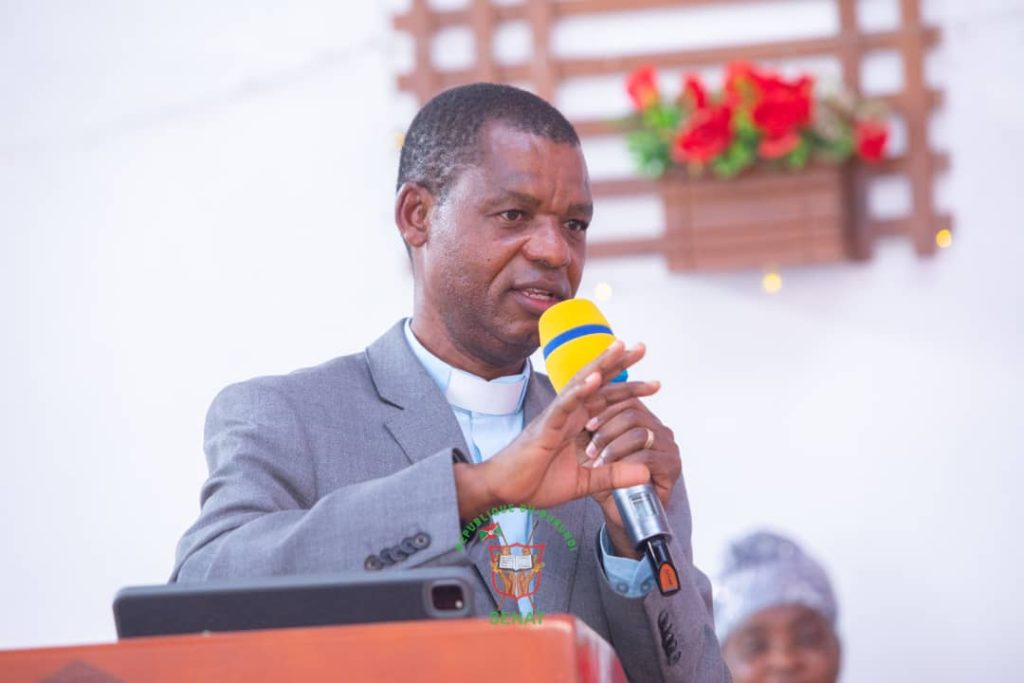
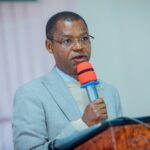

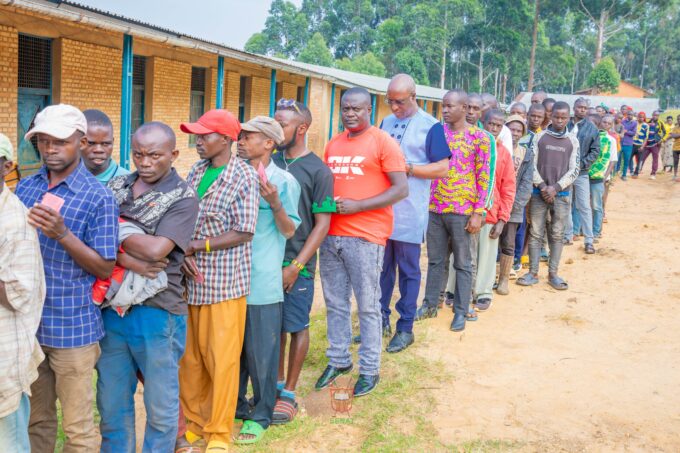
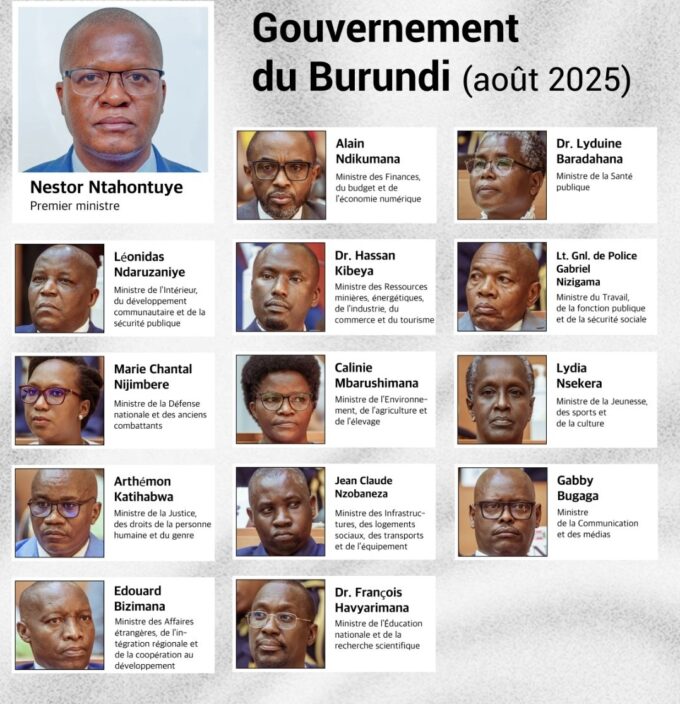
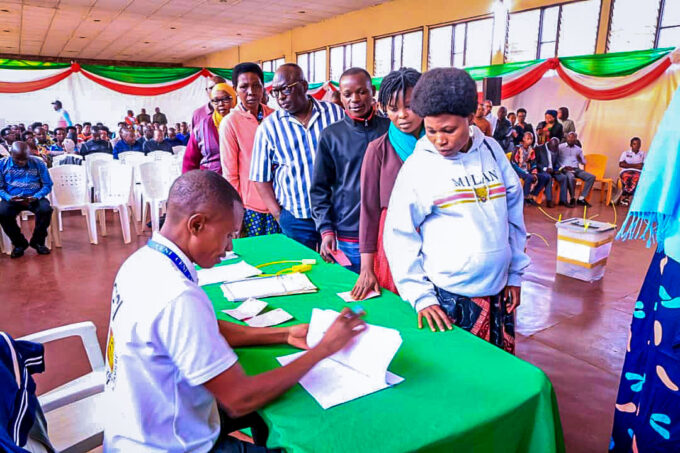
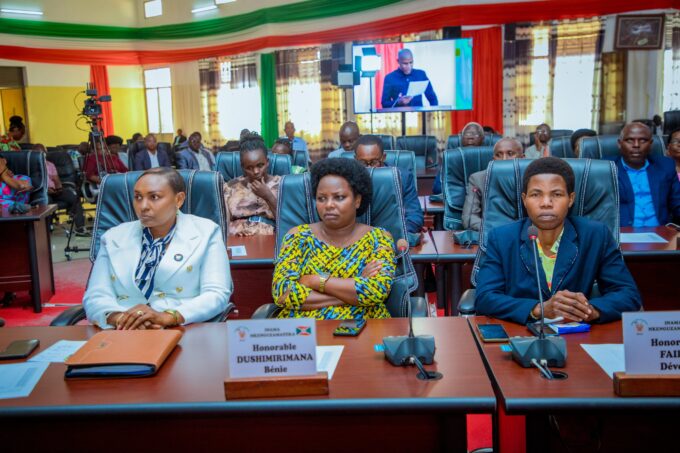
1 Comment